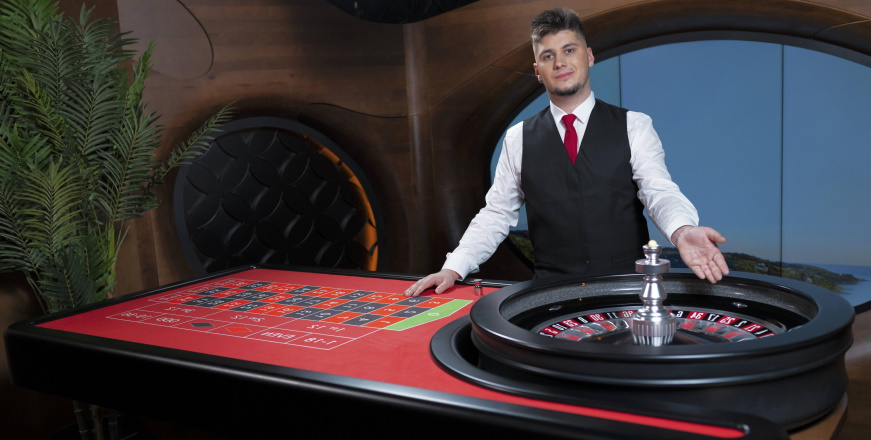Why You Should Play Live Dealer Casino Games

Take a glance at almost any sector, and you’ll notice that digital revolution and robotization are the norms. Individuals are exploring innovative ways to offer computers so much authority, from ai technology (AI) and database management to process automation. For instance, in August 2021, AI corporation Olive garnered another $450 million in grants to advance the growth of computer-controlled healthcare innovation.
By allowing AI programs to function and supervise repetitive, high-volume activities, the goal is to enhance workflow in healthcare institutions. This technology collaborates with RPA. Undoubtedly, according to Priya Dialani’s editorial, RPA is “for doing,” whereas AI is “for contemplating.” In simple words, RPA transforms AI-generated solutions into real-world processes. Again, the goal is to shift power away from humans and computers. This post is a proper guide to live dealer games:
Live Dealer Casino Technology Shifts Gaming in A New Direction
Well, why you should play live dealer casino games? This trend is visible in many sectors and will remain to impact established ideas and procedures as technology strengthens. However, in the midst of this shift toward robotic systems, computer systems, and automation, there is an eagerness to uphold some level of control.

AI Isn’t Always the Best Option
We are all humans, and therefore, we value authority and interrelations, no matter how much we adore tech. Let’s take a glance at live dealer casino innovation to illustrate this point. This helpful guide emphasizes the use of human-controlled games in internet gambling. The fundamental premise of famous offerings like Lightning Roulette as well as Blackjack Party seems to be that online users get to see and communicate with human dealers. That is indeed intriguing because it deviates from the norm.
Why Do Live Dealers Appear in Online Casinos?
Since the late 1990s, internet-based casino gaming has always been at the leading edge of automation technology. Developers use random numeral generators (RNGs) to ensure that games like web-based blackjack mimic the procedures of rearranging and handling cards. In principle, these games convert a human methodology into a virtual one. Even so, as internet-based casino gaming has developed, designers have made a 180-degree turn. While digital casino games remain the most prevalent alternative at any web-based gaming spot, live dealer innovation is gaining traction. Why? Human contact appears to be valuable. Players can watch cards being handled and wheels spinning in real-time. Furthermore, they can communicate with the dealer, simulating their experience in a traditional casino.

Human Input Is Required for Digital Innovations to Succeed
What’s fascinating here seems to be that live dealer innovation is not a rejection of advancement or rejection of automation. Rather, it’s a collaboration between people and robots. We constantly hear regarding the possibility of fusing humans and computers through projects such as Neuralink. On the other hand, Live dealer games can be seen as the initial phases of this evolution. Human dealers control the game, but their movements are monitored and documented by RFID sensors. Computer systems process this information and store it in a dataset. The outcomes are then cross-referenced with the behavior of the gamers, and any winnings are distributed appropriately.
Humans And Technology Collaborate
This is how live dealer gambling games operate, and it’s why they’re a human-machine collaboration. The dealers will be at a loss without virtual innovation, and virtual innovation would be obsolete without living beings. They’re all collaborating on an engaging web experience. We’re not implying that the same symbiotic relationship will work in every situation. The basic notion of people operating in combination with machines, on the other hand, is critical.
Automation advancements are fantastic, but we can’t expect computer systems to regulate everything. Humans will always be a region of the planet, and as such, we must see innovative ideas as a supplement to our lives rather than a replacement.
